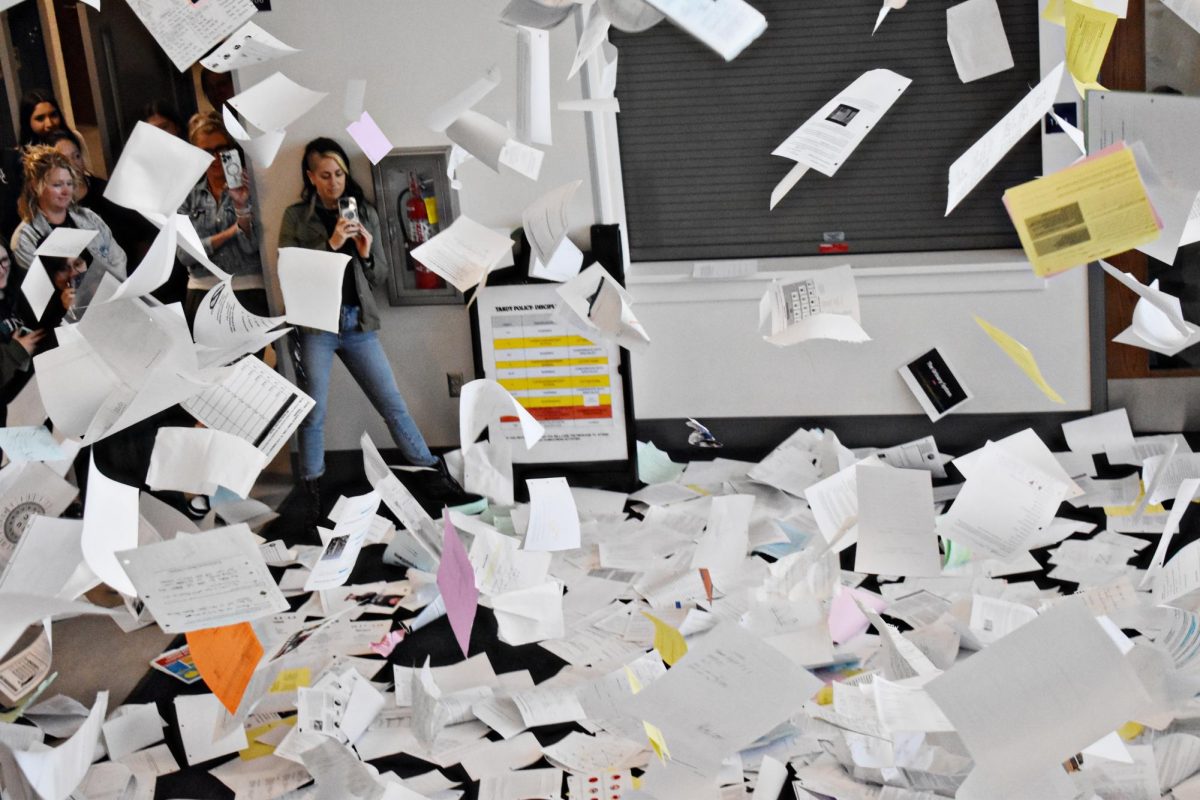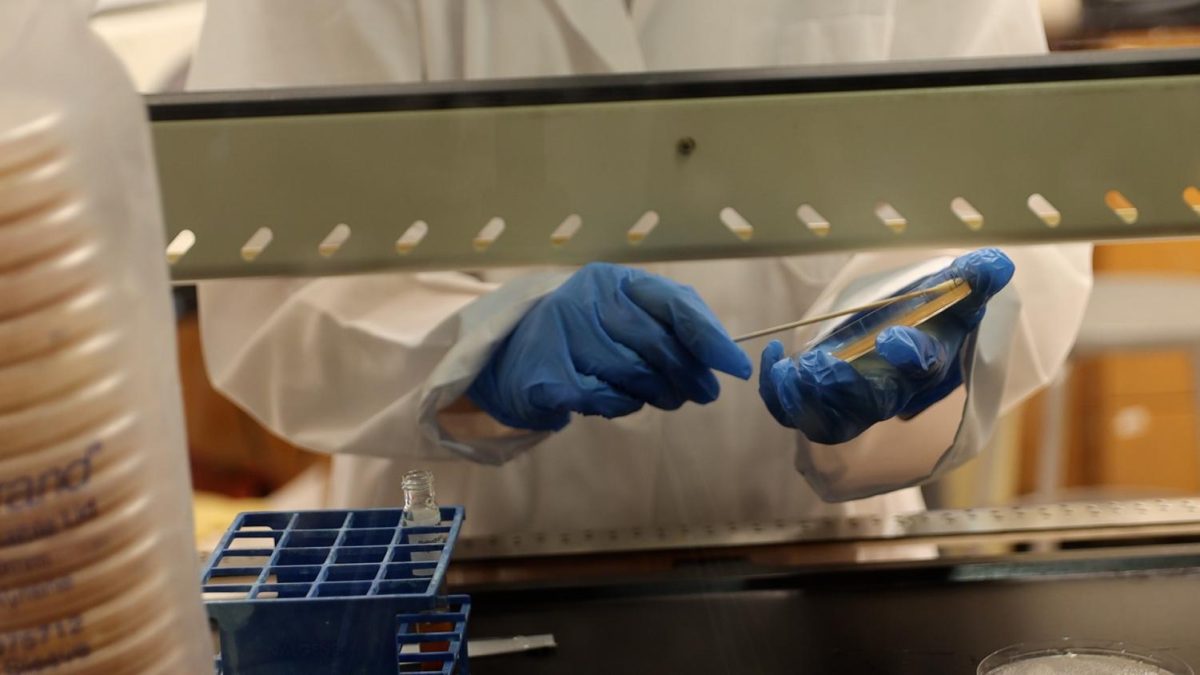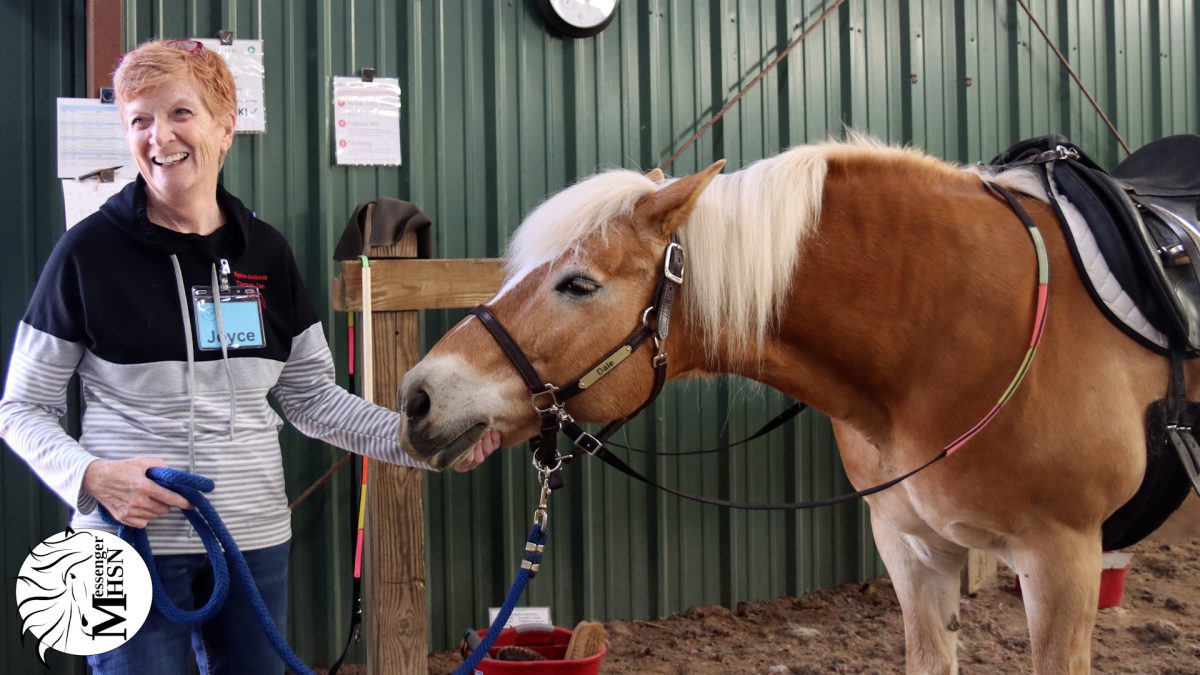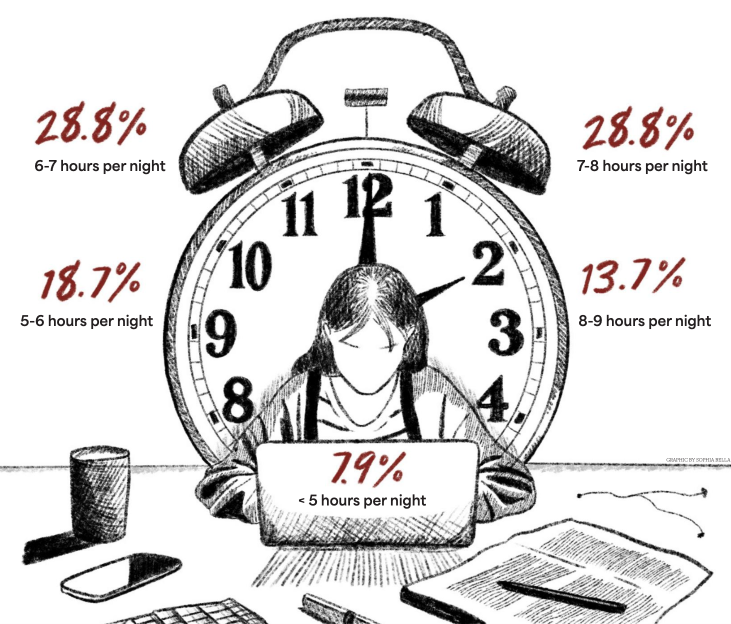Sleep. It is something that everyone needs, but few high schoolers seem to be able to get, especially at Burlingame.
The Centers for Disease Control and Prevention advises that high school-aged teens get between 8 to 10 hours of sleep every night. Such a sleep schedule is essential not only for feeling recharged during the day but also for performing well in school.
Despite the recommendation, data from a survey completed by 140 Burlingame students found that only 15% get more than eight hours of sleep a night, showing a clear sleep deprivation issue at school.
In the survey, many students attributed their lack of sleep to homework and extracurricular activities.
Senior Janek Pistor is one of these students. Like other seniors, he is applying to colleges while taking multiple Advanced Placement (AP) classes. Pistor noted that his overwhelming schoolwork makes it difficult to get a healthy amount of sleep.
“I think [at Burlingame] there’s definitely a pressure to do well and get into a good college, which means you have to do some good extracurriculars,” Pistor said.
Senior Jack McMahon also feels that the competitive culture at Burlingame plays directly into later sleep times. For him, more work also means less time to hang out with friends and enjoy life outside school.
“[A tough workload] just means that I have to be better about managing my time and cutting down on stuff that’s maybe more fun, like going out on weekends, to make sure I get everything done,” McMahon said.
As school has become more technology-oriented and many assignments are now fully digital, students’ screen times have also increased significantly. For Pistor, this means eight hours a day on his computer working on schoolwork and college applications, which takes a direct toll on his ability to sleep well.
“Since I’m spending so much time on my computer before I go to sleep, I don’t feel as refreshed going to bed,” Pistor said.
Junior Lexie Levitt also noted that since most of her homework is digital, she uses her computer extensively before going to sleep.
For the first two hours before I go to sleep, I’m probably staring at a computer screen.
— Lexie Levitt
“For the first two hours before I go to sleep, I’m probably staring at a computer screen,” Levitt said.
Jeffrey Spoering, an AP Statistics and geometry teacher, recognizes the sleep deprivation problem at school. He believes catching up on sleep after school through naps can help students tackle the issue and feel more energized.
“If you lose some sleep, try to catch up [on] some sleep,” Spoering said. “Not like a two, three-hour nap, like a short half-hour nap,”
While Pistor catches up on sleep during the weekends by letting his body wake up naturally, he believes this method is not a great way to deal with sleep deprivation.
“It’s not healthy to get little sleep and then catch it all up in the weekend,” Pistor said. “That’s not how your body works.”
According to Spoering, the administration has done everything in its power to allow students to get more sleep. And he seems to be right. During the beginning of the 2021-22 school year, the administration moved the start time from 8 a.m. to 8:30 a.m., added flex time twice a week, and changed the 1-7 all-week schedule to block days in order to spread out homework. Therefore, to Spoering, Burlingame’s sleep deprivation issue appears to be more personal.
“I think it’s a family and student-based thing,” Spoering said.
McMahon, however, thinks otherwise. Although he agrees that the issue of sleep deprivation depends on individuals and their responsibilities, he also thinks that the school could cut down on rallies that take up flex time or end school earlier, giving students more time to do schoolwork and allowing them to sleep earlier.
“Most students would use the [extra time] to their advantage and use it to be productive,” McMahon said.
For now, there seems to be no clear solution to the issue. Levitt believes that with America’s current competitive college admissions process, students will continue to get less sleep than they need.
“It’d be nice if we lived in a world where [each class] didn’t require an hour of homework…but I just don’t think that’s where the American educational system is right now,” Levitt said.
This story was originally published on The Burlingame B on November 16, 2023.

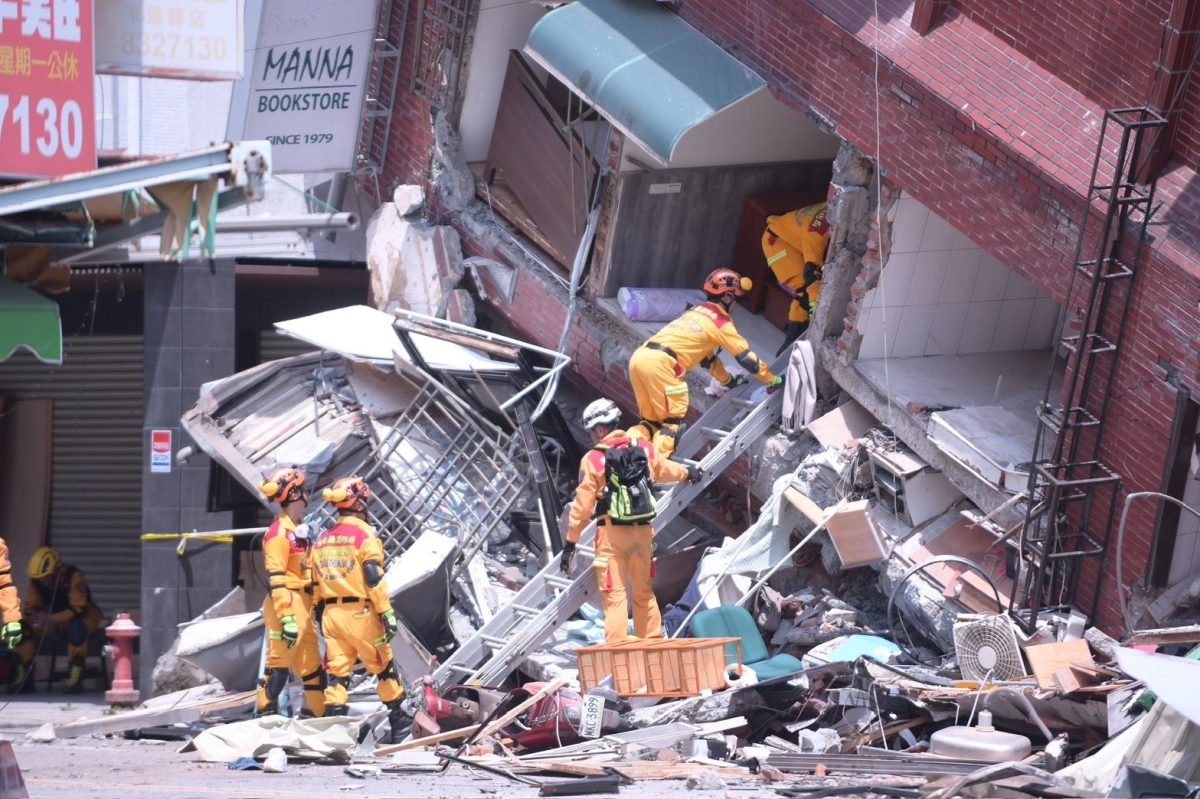
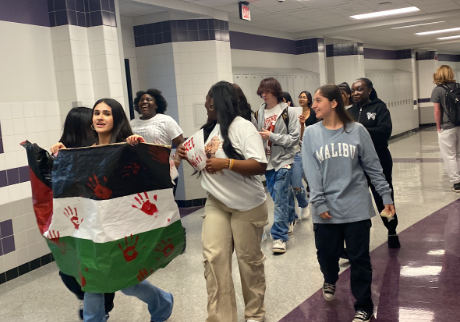


![With the AISD rank and GPA discrepancies, some students had significant changes to their stats. College and career counselor Camille Nix worked with students to appeal their college decisions if they got rejected from schools depending on their previous stats before getting updated. Students worked with Nix to update schools on their new stats in order to fully get their appropriate decisions. “Those who already were accepted [won’t be affected], but it could factor in if a student appeals their initial decision,” Principal Andy Baxa said.](https://bestofsno.com/wp-content/uploads/2024/05/53674616658_18d367e00f_o-1200x676.jpg)
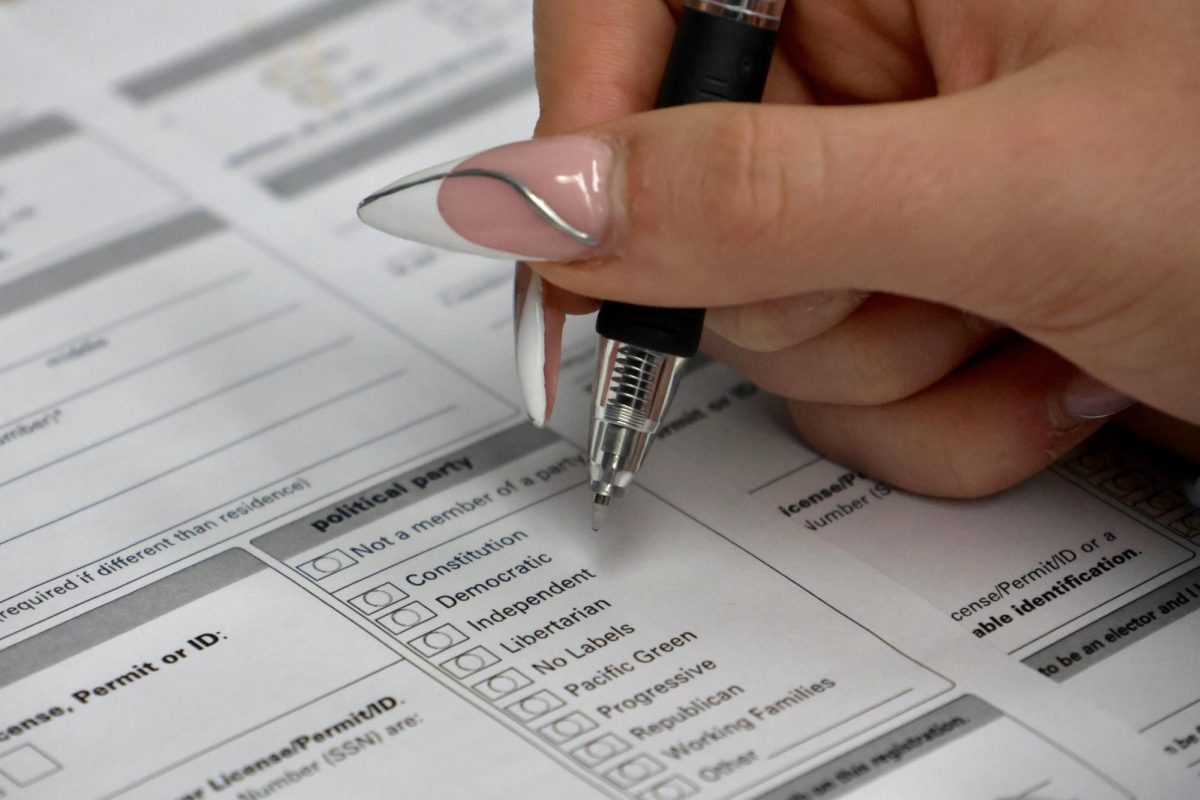


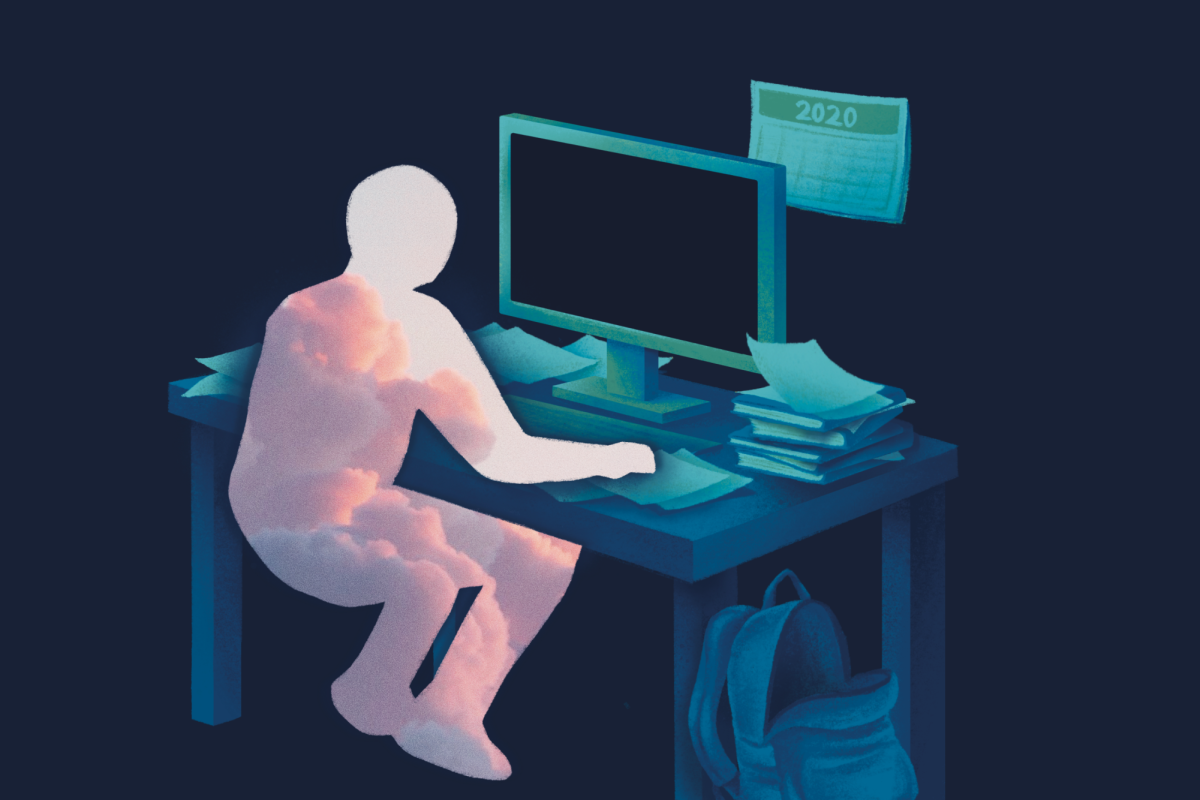
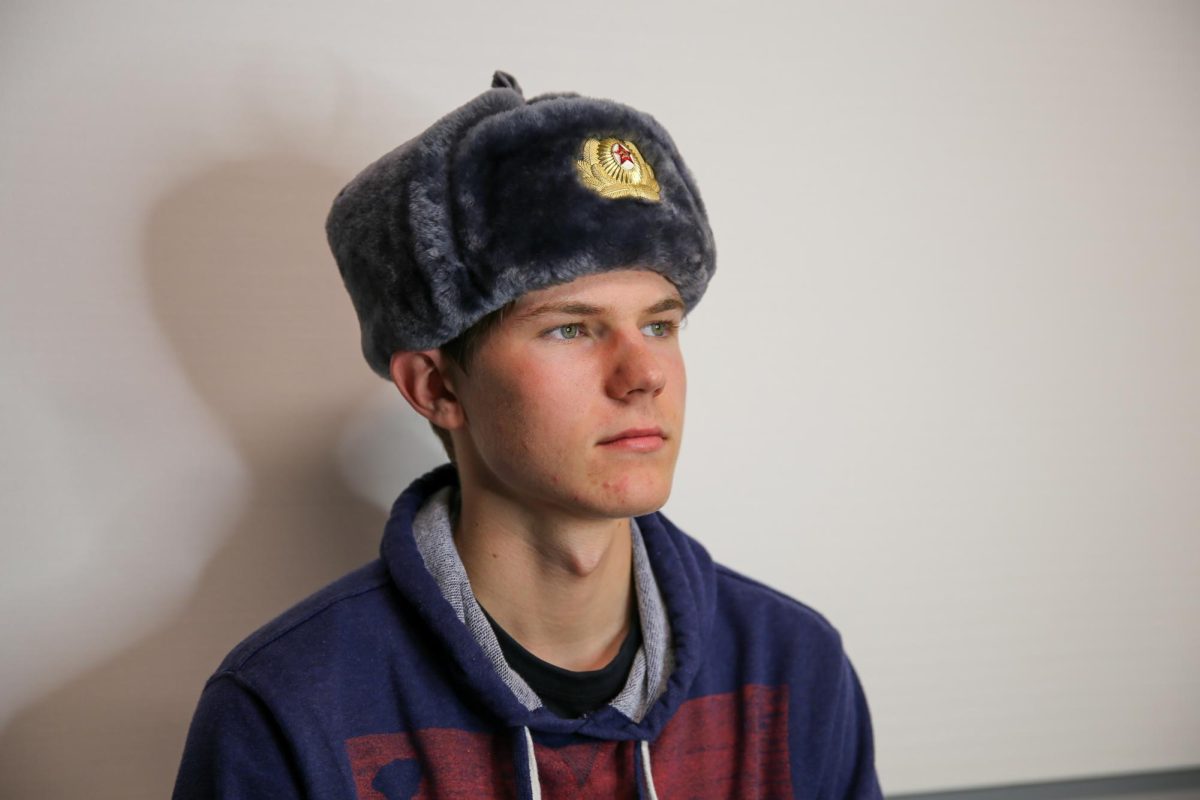

![Junior Mia Milicevic practices her forehand at tennis practice with the WJ girls tennis team. “Sometimes I don’t like [tennis] because you’re alone but most of the time, I do like it for that reason because it really is just you out there. I do experience being part of a team at WJ but in tournaments and when I’m playing outside of school, I like that rush when I win a point because I did it all by myself, Milicevic said. (Courtesy Mia Milicevic)](https://bestofsno.com/wp-content/uploads/2024/06/c54807e1-6ab6-4b0b-9c65-bfa256bc7587.jpg)

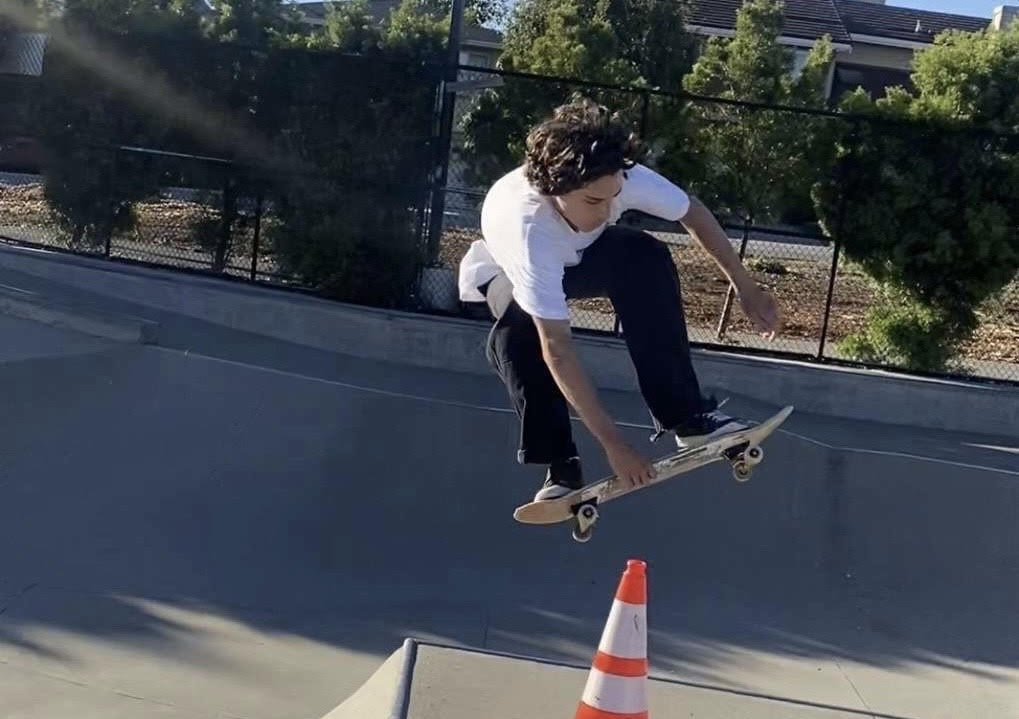



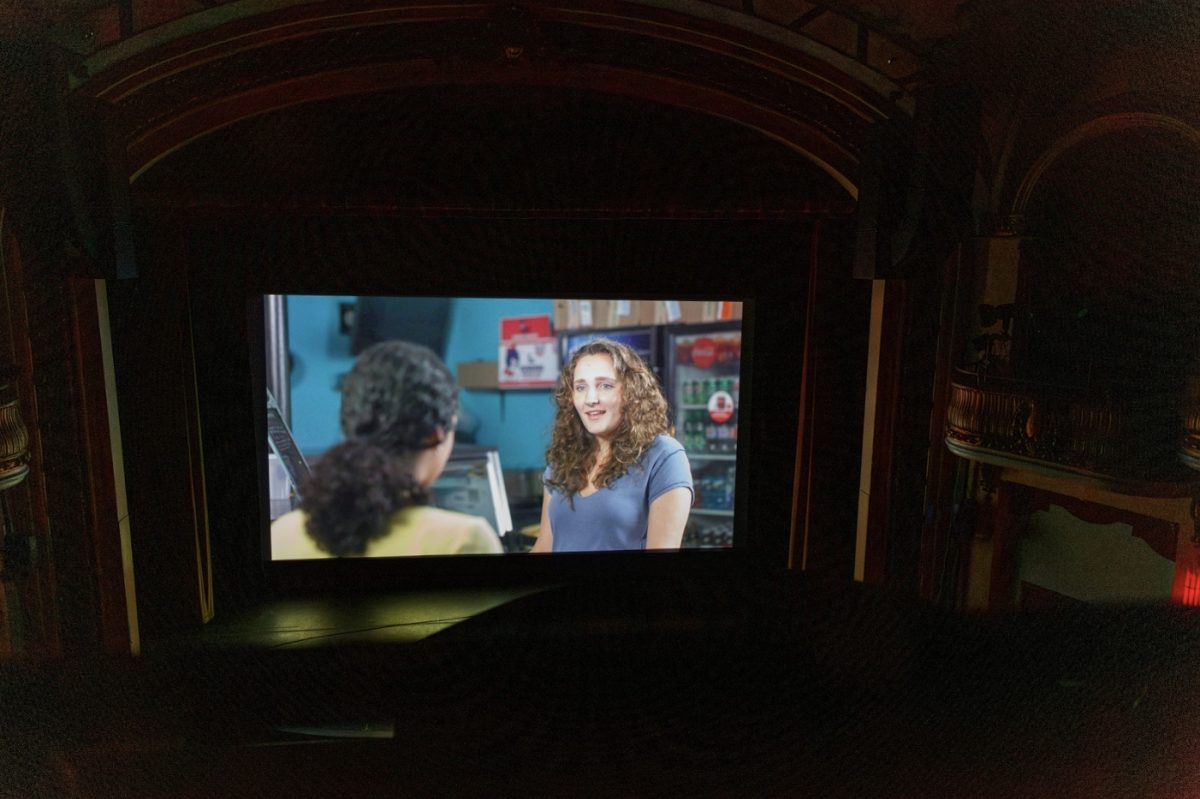

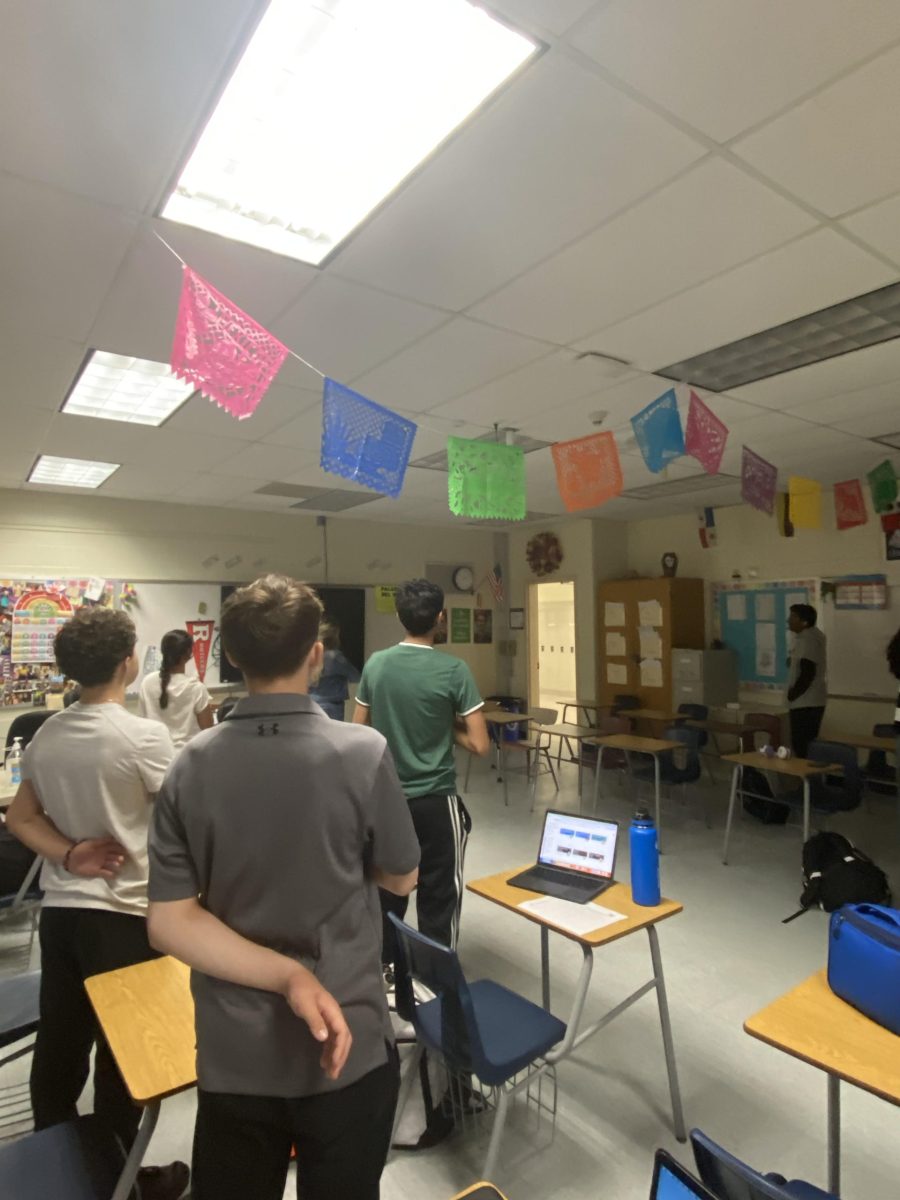
![The Jaguar student section sits down while the girls basketball team plays in the Great Eight game at the Denver Coliseum against Valor Christian High School Feb. 29. Many students who participated in the boys basketball student section prior to the girls basketball game left before half-time. I think it [the student section] plays a huge role because we actually had a decent crowd at a ranch game. I think that was the only time we had like a student section. And the energy was just awesome, varsity pointing and shooting guard Brooke Harding ‘25 said. I dont expect much from them [the Golden Boys] at all. But the fact that they left at the Elite Eight game when they were already there is honestly mind blowing to me.](https://bestofsno.com/wp-content/uploads/2024/05/IMG_7517-e1716250578550-900x1200.jpeg)
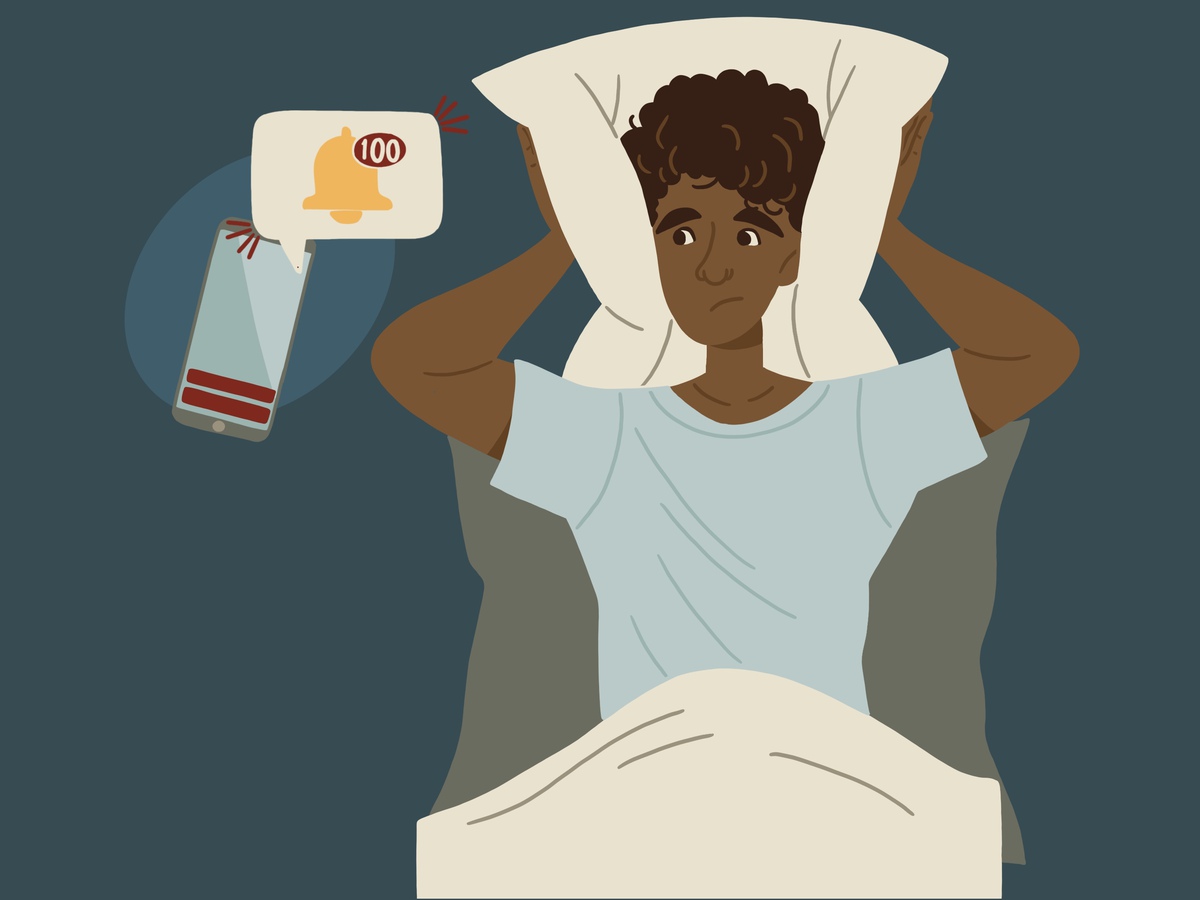
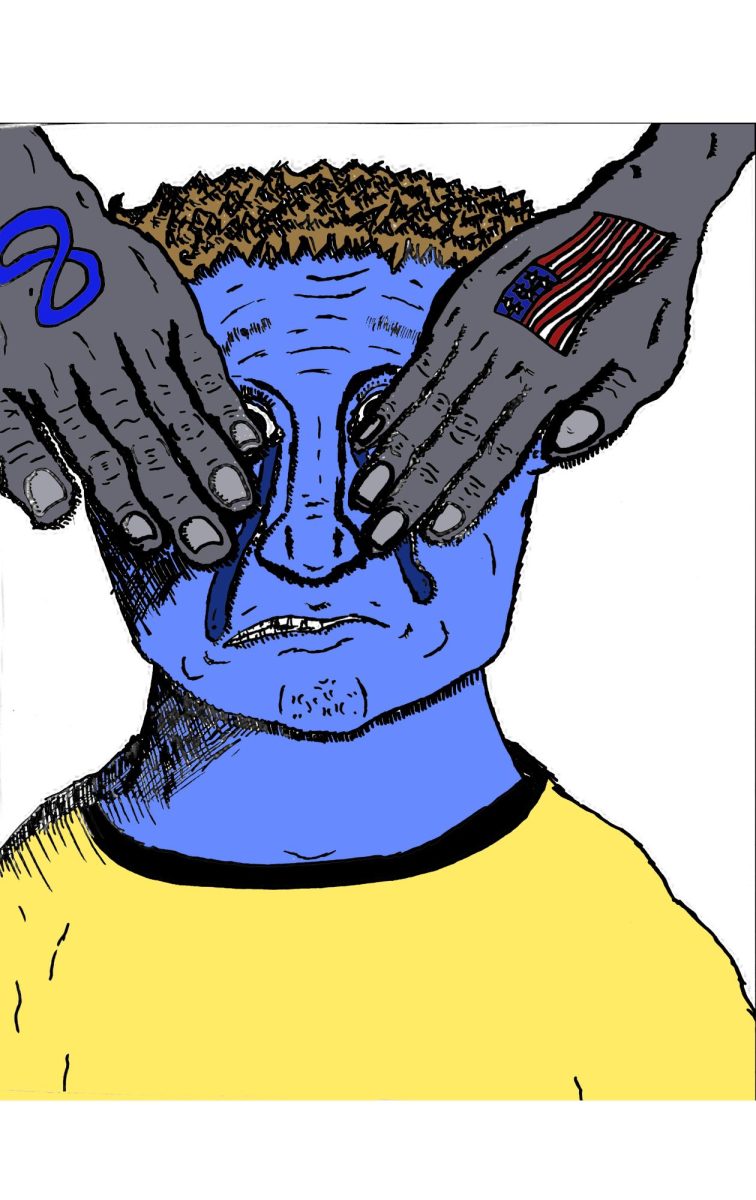
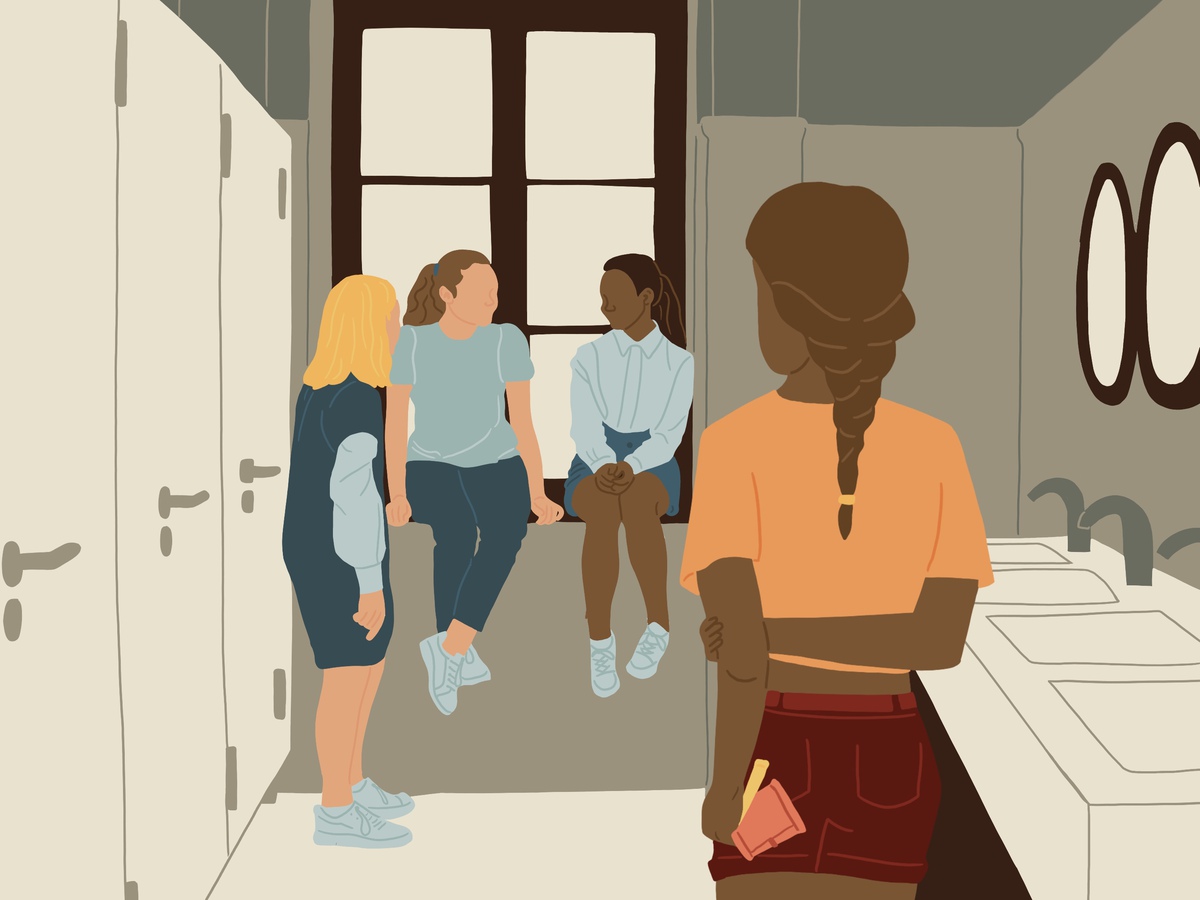



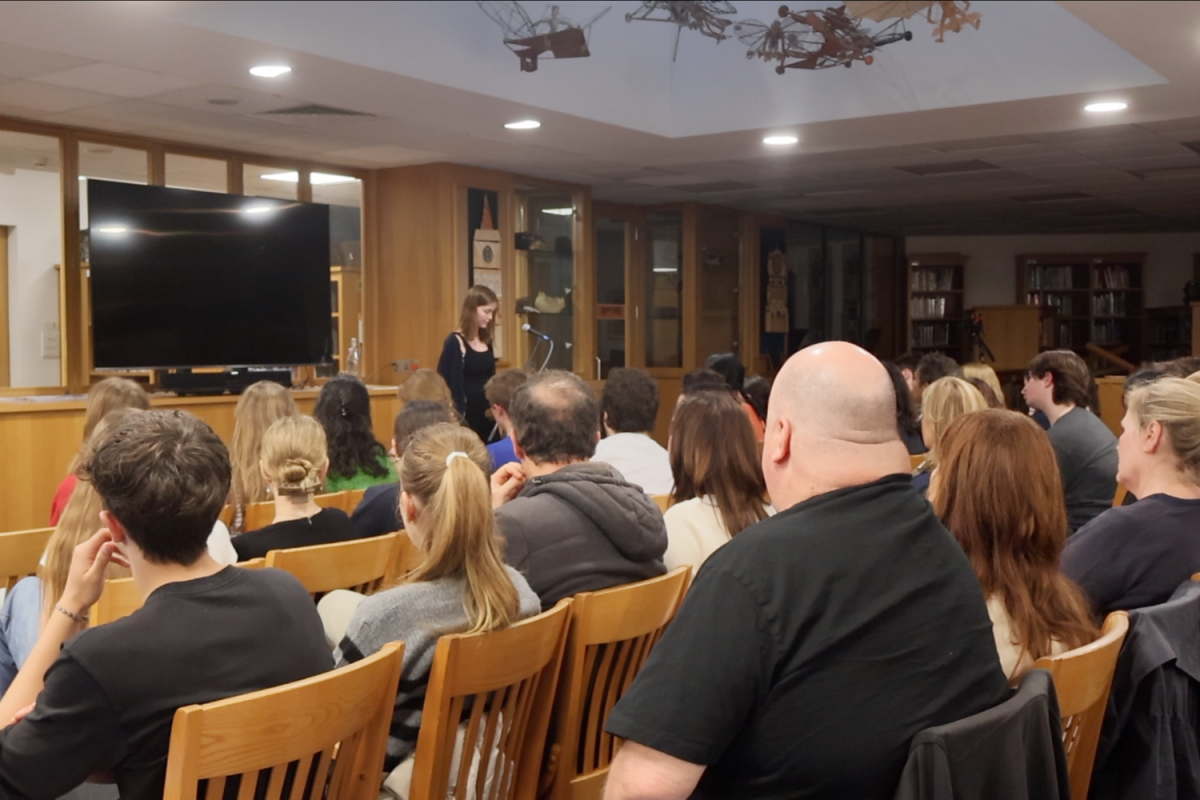

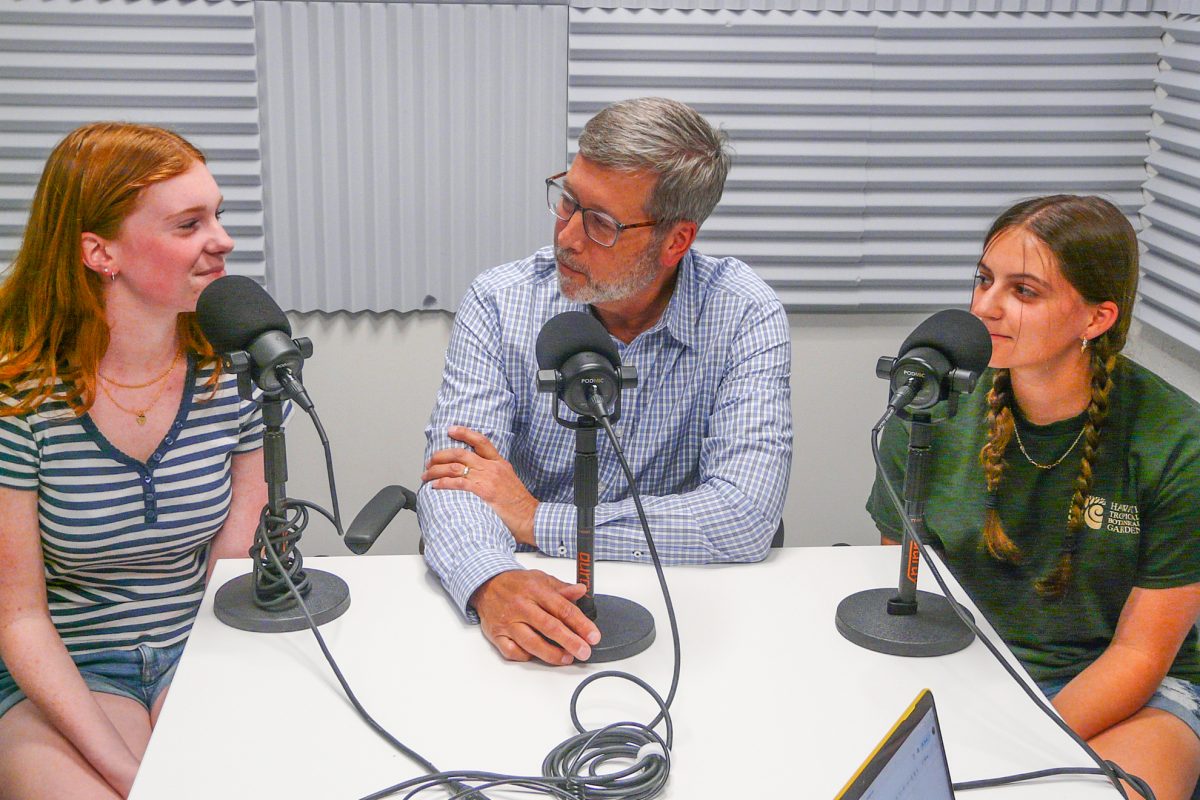
![BACKGROUND IN THE BUSINESS: Dressed by junior designer Kaitlyn Gerrie, senior Chamila Muñoz took to the “Dreamland” runway this past weekend. While it was her first time participating in the McCallum fashion show, Muñoz isn’t new to the modeling world.
I modeled here and there when I was a lot younger, maybe five or six [years old] for some jewelry brands and small businesses, but not much in recent years,” Muñoz said.
Muñoz had hoped to participate in last year’s show but couldn’t due to scheduling conflicts. For her senior year, though, she couldn’t let the opportunity pass her by.
“It’s [modeling] something I haven’t done in a while so I was excited to step out of my comfort zone in a way,” Muñoz said. “I always love trying new things and being able to show off designs of my schoolmates is such an honor.”
The preparation process for the show was hectic, leaving the final reveal of Gerrie’s design until days before the show, but the moment Muñoz tried on the outfit, all the stress for both designer and model melted away.
“I didn’t get to try on my outfit until the day before, but the look on Kaitlyn’s face when she saw what she had worked so hard to make actually on a model was just so special,” Muñoz said. “I know it meant so much to her. But then she handed me a blindfold and told me I’d be walking with it on, so that was pretty wild.”
Caption by Francie Wilhelm.](https://bestofsno.com/wp-content/uploads/2024/05/53535098892_130167352f_o-1200x800.jpg)

